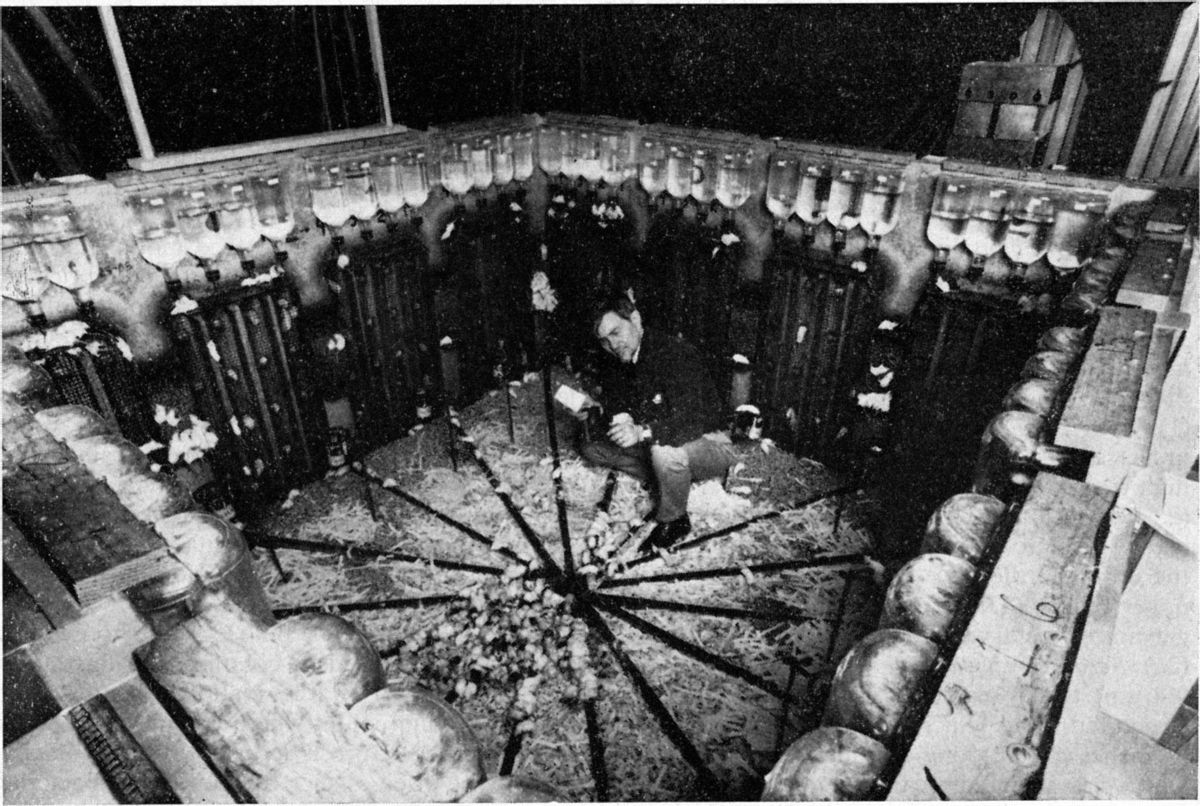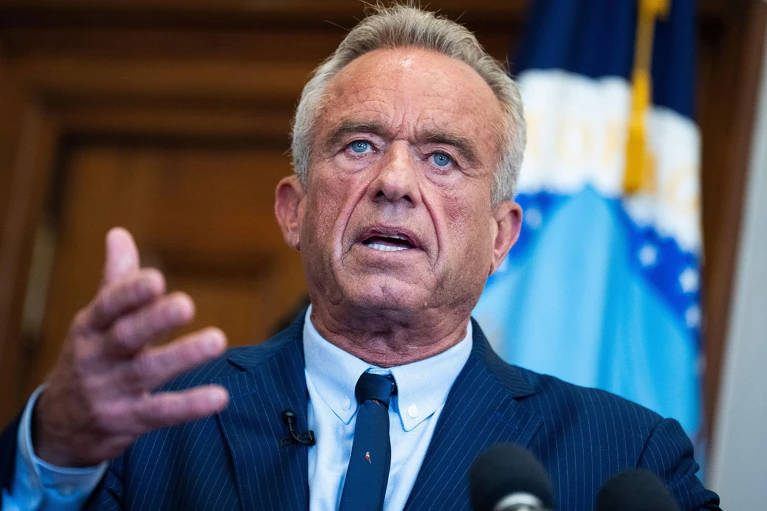by JANET MCINTOSH

From boot camp battle cries to battlefield euphemisms, US military deploys ‘kill talk’ to suppress empathy and normalize violence
Night after night, the buses pull up on the tarmac outside the Parris Island Marine Corps recruit training center in South Carolina. Usually, they are full of young men—still boys, by some measures—with a nervous feeling in the pit of their stomachs. They will have sensed the air getting heavy and sticky, and they might have noticed a swampy stench. They’ve seen enough movies to know what comes next, but they still find it startling.
A drill instructor storms the bus, shirt tight around his muscles, belt seeming to float around his flat abdomen, roaring at the neophytes from under his circular hat brim.
“SIT UP STRAIGHT! From this point forward, you will only answer me with a YES, sir, NO, sir, AYE-AYE, sir. DO WE UNDERSTAND?”
“YES, SIR!” yell the recruits.
“Now get OFF MY BUS! NOW, NOW, NOW!”
The young men hustle to plant themselves on a row of yellow footprints painted on the road. The yelling follows them, an acoustic assault so thick and fast and strangely inflected that each recruit has to listen hard and use herd behavior to know what to do next.
They know they’re about to be transformed, but they are unlikely to recognize all the subterranean dynamics of this change and how the acoustic qualities of boot camp will reshape them into hardened killers. These qualities will also model the disintegration of their personhood and their necropolitical abjection—that is, their killability in the eyes of the state.
Military language
In the face of war’s brutality, language might seem like an incidental detail. But United States combat veterans who pay attention to it will attest that embodied ways of speaking—from yelling to cursing to joking, and beyond—can be intimately bound with experiences of kinetic violence.
By attenuating thought and agency, yelling can alter recruits’ sense of self. Drill instructors in the Marine Corps also tinker with recruits’ idea of selves by announcing shortly after their arrival that “the words ‘I,’ ‘me,’ ‘my’ are no longer part of recruits’ vocabulary. Instead, they are to refer to themselves as ‘recruit [last name]”. Drill instructors agree this lexical system is designed to foreclose egocentrism and stop recruits from thinking of themselves as individuals.
In 2016, Sergeant Jennifer Duke explained to PBS NewsHour, “We need to break down these individualities that they come with, of self and ‘me’ and ‘I.’ We need to break them down to basically nothing so we can build them back up… as one team, one element, to join our Marine Corps. It’s not my Marine Corps, or his Marine Corps, it’s our Marine Corps.”
In Marxist theorist Louis Althusser’s terms, we could say that recruits must “self-interpellate” as cogs in the military machine. Drill instructors never use recruits’ personal names; instead, official regulations permit them to call recruits “recruit [last name]” or to address them by their billet or job, such as “scribe” or “guide.”
This practice carries a whiff of military necropolitics, whereby each individual serves a role in the military machine and is easily replaced if they become ineffective or are killed.
To facilitate state necropolitics, US military culture is saturated by “kill talk” among those who serve as instruments of combat. The defining feature of kill talk is its refusal to acknowledge the full relational humanity of and the terrible loss suffered by those on whom potentially deadly violence is inflicted.
I think of kill talk as a kind of linguistic infrastructure—a loose collection of disparate verbal strategies that guide soldiers in how to perceive, feel, think, and ultimately act in combat. This infrastructure underpins the experience of having what the philosopher Judith Butler calls a “frame of war,” which, in simplest terms, is a structure that selectively carves up experience, fostering indifference to certain deaths.
These patterns of language matter partly because they make war more doable. Military combat asks too much of a human being. People’s minds are not well equipped to assimilate the full implications or the moral depth of killing or being killed; such a reckoning could debilitate one’s ability to live, let alone function on behalf of the military machine.
As psychiatrist Robert Jay Lifton puts it, “There has to be some level of detachment”—some “psychic numbing”—to apply one’s technical skills in war. Military language offers a supreme instrument to facilitate this detachment. Such detachment can potentially enhance military force—the volume of fire in a firefight, the relentless pressure applied during a siege, and so forth—while offering a kind of rescue for the combatant.
But there is a terrible cost to this facilitation: If kill talk makes violence more feasible for combatants, it spells more death, mayhem, and misery for the individuals and societies targeted by such violence, and sometimes for the combatants themselves.
While kill talk may feel to combatants like a necessary kind of detachment, it can be jarring—even incomprehensible—to civilians. Just consider, for instance, the public disturbance in 2023 when Prince Harry described his mindset in his memoir as he killed 25 Taliban.
Asia Times for more








